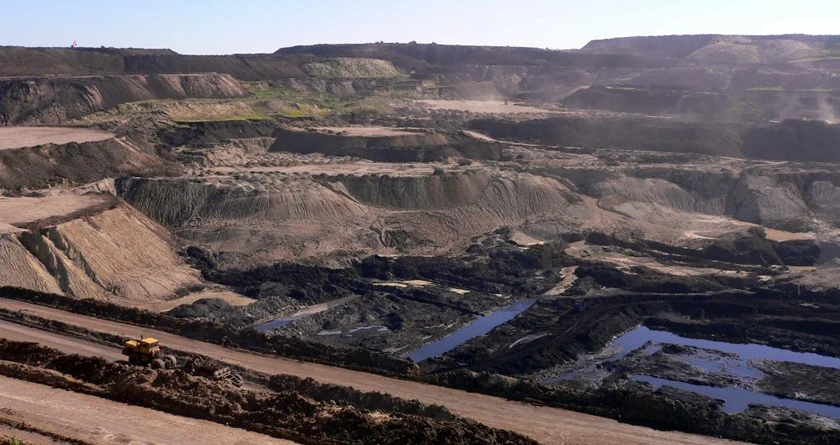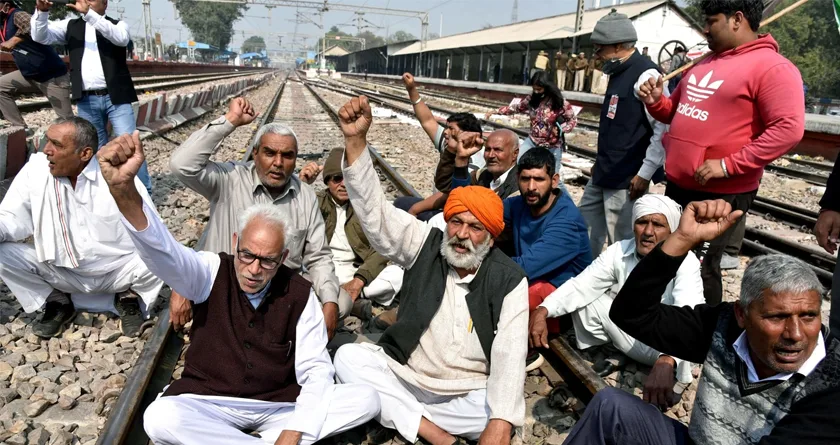
While protecting climate included some major disadvantages — of life
Protecting Environment.
Friday, 24th September 2021
Isravel Moses, Pankaj Kumar, Ranjan Kumar Das, Shubham Mani Tripathi, Joseph Kasole Janvier, Zara Alvarez, Emmanuel Matsipa, Celino Fernandes: They are among the 227 individuals who were killed for standing firm for common freedoms and climate in 2020.
South and Central American nations were more hazardous for climate crusaders than the remainder of the world, as indicated by a report from the Last Line of Defense by Global Witness, a non-benefit working for common liberties.
Colombia experienced the greatest blow: 65 climate safeguards were killed in 2020, trailed by Mexico (30); Philippines (29); Brazil (20), and Honduras (17). In India, four ecological protectors were killed in 2020.
Fikile Ntshangase, the main voice in the mission against the Tendele coal mineshaft, KwaZulu-Natal, South Africa — and who upheld the Mfolozi Community Environmental Justice Organization's legitimate activity against the mine — was shot dead by three unidentified men.
Petmin Ltd, which claims the Somkhele mine through its auxiliary Tendele Coal Mining Ltd, recognized local area strains might have been a factor in Fikile's passing.
Isravel Moses, a 27-year-old TV writer in the Kancheepuram region, Tamil Nadu, was hacked to death supposedly by street pharmacists on November 10, 2020. It was purportedly the aftermath of his reportage on the circulation and offer of ganja (pot) and illicit infringement of Poramboke lands.
These numbers don't catch the real size of the issue. In certain nations, the circumstance confronting land and natural protectors is difficult to comprehend and quantify, because of limitations on press and underreporting.
Land debates and climate debasement, the two fundamental drivers behind local area activism, become hard to screen in regions influenced by struggle.
Demise dangers, terrorizing, sexual brutality, and observation was a portion of the techniques sent to quiet people and networks battling for land and climate.
Not all is lost
The year additionally saw networks winning against businesses and the government.
Zimbabwe, for instance, effectively prohibited coal mining in its public stops because of determined endeavors by the Zimbabwe Environmental Law Association (ZELA).
ZELA took the public authority and two Chinese organizations to court over a proposed coal mining in the Hwange National Park, the country's biggest secured region and home to an enormous populace of elephants and the jeopardized dark rhino. ZELA won the case.
The High Court of South Africa in November 2020 dropped the ecological endorsement for an arranged coal-terminated force station in the Limpopo region. This was a triumph for the counter coal developments in South Africa and an alliance of associations that have worked vigorously since the undertaking was declared in 2015.
In June, the National Assembly of the Democratic Republic of the Congo cast a ballot to take on a bill that protects the privileges of native people groups, a huge development where the native Baka, Mbuti, and Batwa people groups have been oppressed.
In April, people group in Zambia's Central Province, who were constrained of their customary land, won the case in the nation's high court. In 2013, the networks were persuasively removed and their homes demolished to clear a path for business farming.
The report suggested that legislatures should secure common freedoms by ensuring common society and passing fitting enactment to consider enterprises responsible for their activities. Organizations should guarantee that they are not contributing and benefitting from common freedoms and land rights maltreatments across their inventory chains and activities.
The News Talkie Bureau
Source:
DowntoEarth











